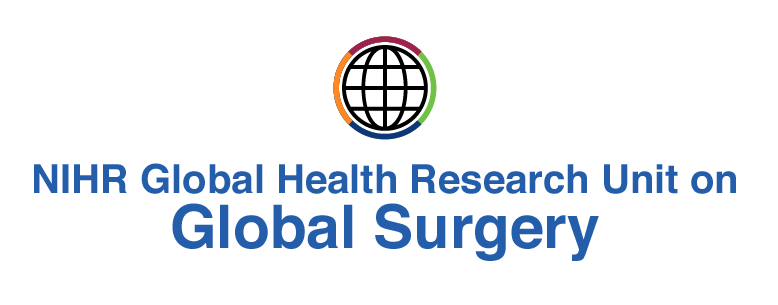| We would like to take this opportunity to congratulate every member of our global team for their contribution to the tremendous success of the FALCON trial. This is an astounding achievement and we must take a moment to reflect on the hard work and dedication that has led to this position – we are grateful to each and every individual who has contributed to date and to those who will in future – kudos to you all.
FALCON is currently active and recruiting in 6 countries (Mexico, India, Rwanda, Nigeria, South Africa and Ghana), reaching a network of 48 hospitals over three continents. We envisage that Benin and the Philippines will obtain the green light to start recruitment this month. At the time of production (11/03/2020), 4164 patients had been recruited to the trial; which is around 76% of the total sample size.
As recruitment to the clean-contaminated stratum is now closed, roughly 1600 more contaminated/dirty cases are needed to meet our overall sample size. At the current rate of recruitment, we anticipate completing the trial by late August 2020; this means the trial is currently running more than a year ahead of our anticipated schedule, which is generally a very rare occurrence in clinical trials! As it is likely that the trial will be completed later this year, if you are aware of any potential FALCON spokes that have not yet started their ethics and regulatory approvals submissions, we suggest they should concentrate their efforts on setting up CHEETAH.
Our next challenges for FALCON will be to focus on data completeness and validation in the REDCap database. We hope to publish the trial by the end of the year, and to do so we must ensure that data is complete, accurate and clean. We would like to highlight some specific issues for your attention:
- 30 day follow up data must be collected from every patient possible. In the event that patients do not return for their 30 day follow up appointment, please encourage staff across your network to contact patients until 30 day follow up data is retrieved (either in person or via telephone) or until the patient is confirmed as lost to follow up (at which point a trial exit form must be completed).
- Our Data Monitoring Committee (DMC) and Trial Steering Committee (TSC) are due to meet in March and May respectively to review the trial as it stands. To ensure the data is high quality ahead of their review, please ensure your network prioritises data entry on REDCap and responding to queries raised on data in the coming months.
- Part of our overall monitoring activities will focus on data verification – these activities have begun in Mexico and India, and we hope to visit Nigeria, Ghana, Rwanda and SA imminently to support you in this task.
If you have any queries, please contact the BCTU team ([email protected]) and we will be happy to assist.
Congratulations again on your continued success – FALCON is just the beginning! |

















Leave A Comment